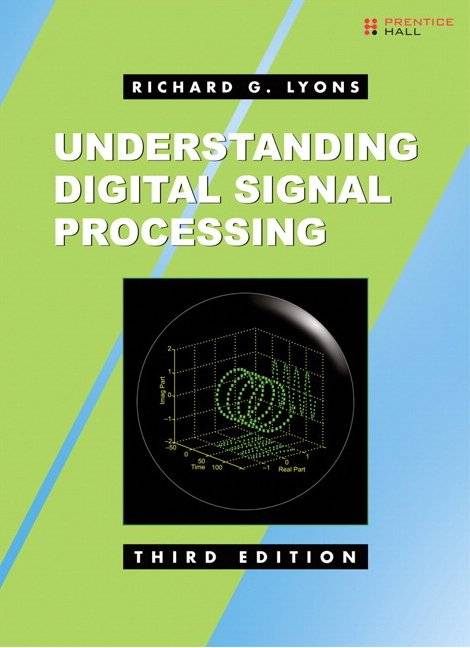This course provides a good understanding of DSP principles, and their implementation and equips you to put the ideas into practice and/or to tackle more advanced aspects of DSP.
'Hands-on' laboratory sessions are interspersed with the lectures to illustrate the taught material and allow you to pursue your own areas of interest in DSP. The hands-on sessions use specially written software running on PCs.
In the first session you will simulate signals and systems in both the time and frequency domains and work through illustrations of basic DSP functions.
This will be followed by practical experiments with audio inputs and outputs and you will conduct experiments with external equipment to explore the real time capability of DSP.

Note that there is a one-day optional supplement to this course, Digital Signal Processing Implementation (Algorithms to Optimisation).
All delegates will receive a copy of the latest edition of Understanding Digital Signal Processing by Richard Lyons (Pearson Education).
Benefits
- A comprehensive grounding in DSP concepts and algorithms plus practical information on the design and implementation of DSP systems.
- Gives a good understanding of DSP principles and their implementation and equips delegates to put the ideas into practice and/or to tackle more advanced aspects of DSP.
- The theoretical knowledge is illustrated by application examples, by demonstrations and by work in the laboratory.
- Limited numbers of delegates to ensure full advantage of laboratory practice.
- There are three 'hands-on' laboratory sessions, shown in the image, interspersed with the lectures which are designed to illustrate the taught material and allow you to pursue your own areas of interest in DSP.
What people say about the course...
It was informative, enjoyable and stimulating
- Daryl Hond, Senior Algorithm Engineer, Thales Research and Technology
Excellent content, very lively thanks to the two excellent presenters
- AnonymousA very good introduction to DSP theory
- Andy Selfe, Principal RF Engineer, Thales Group

